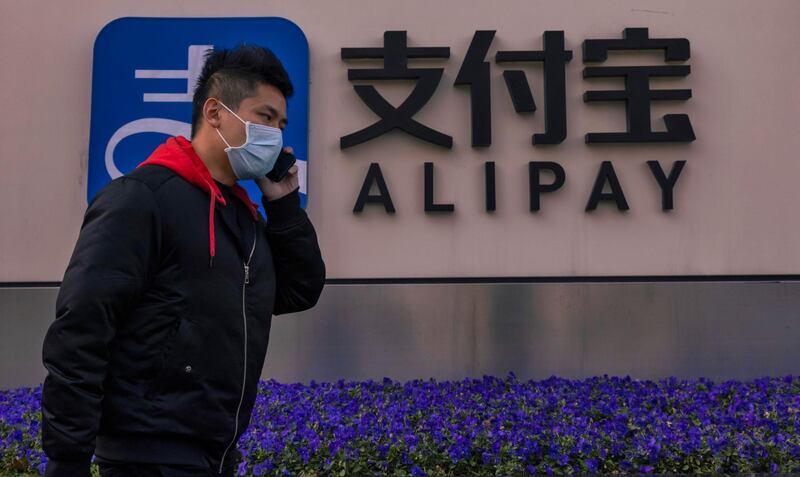China's market regulator has released new anti-monopoly guidelines that target internet platforms, tightening existing restrictions faced by the country's tech giants.
The new rules formalise an earlier anti-monopoly draft law released in November and clarify a series of monopolistic practices that regulators plan to crack down on.
The guidelines are expected to put new pressure on the country's leading internet services, including e-commerce sites such as Alibaba's Taobao and Tmall marketplaces or JD.com. They will also cover payment services like Ant Group's Alipay or Tencent Holding's WeChat Pay.
The rules, issued on Sunday by the State Administration for Market Regulation (SAMR) on its website, bar companies from taking a range of actions, including forcing merchants to choose between the country's top internet players, a long-time practice in the market.
SAMR said the latest guidelines would "stop monopolistic behaviours in the platform economy and protect fair competition in the market".
The notice also said it will stop companies from price fixing, restricting technologies and using data and algorithms to manipulate the market.
In a Q&A accompanying the notice, SAMR said reports of internet-related anti-monopoly behaviour had been increasing, and that it was facing challenges in regulating the industry.
"The behaviour is more concealed, the use of data, algorithms, platform rules and so on make it more difficult to discover and determine what are monopoly agreements," it said.
China has in recent months started to tighten scrutiny of its tech giants, reversing a once laissez-faire approach.
In December, regulators launched an antitrust investigation into Alibaba Group following the suspension of the $37 billion initial public offering plan of its payment affiliate, Ant Group.
At the time, regulators warned the company over practices including forcing merchants to sign exclusive cooperation pacts at the expense of other internet platforms.







